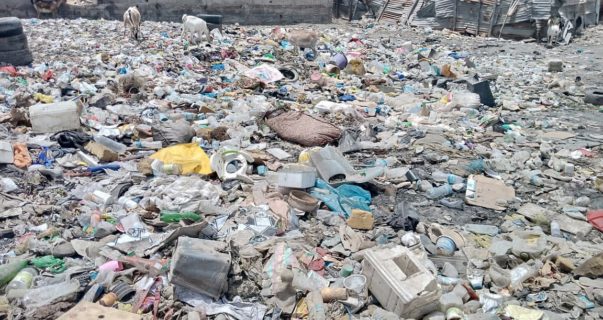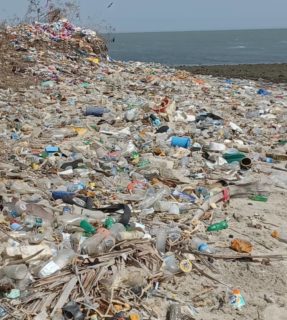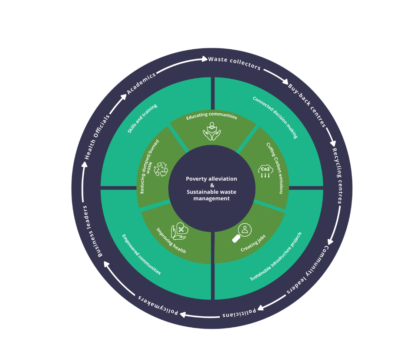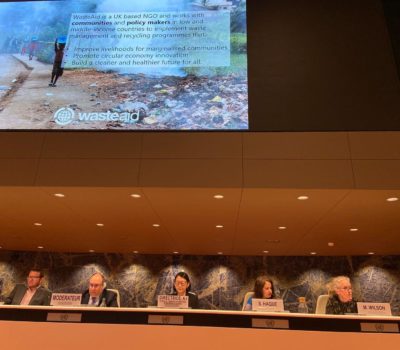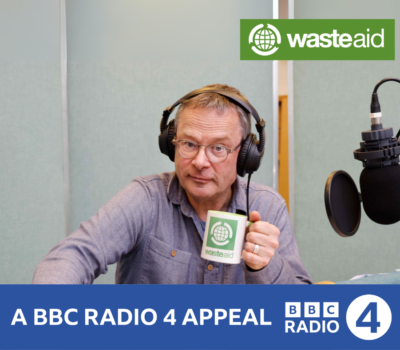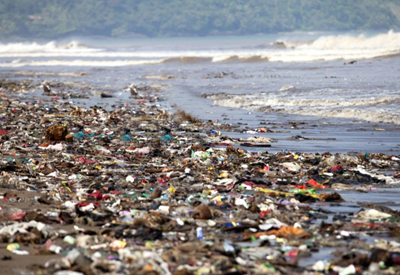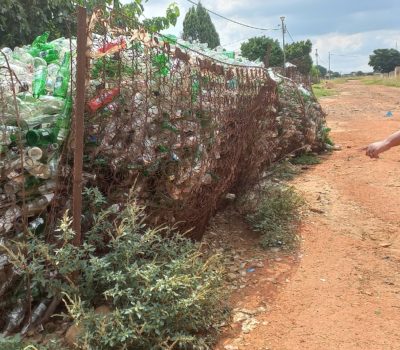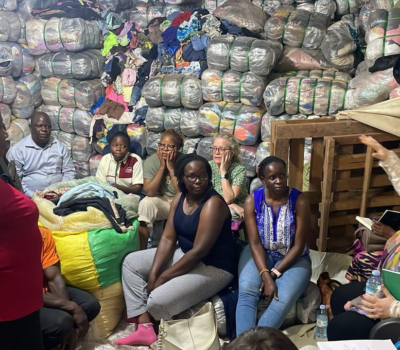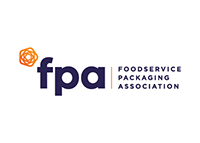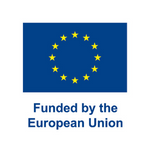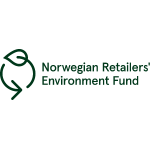Global Plastics Treaty – a Blog by Michelle Wilson, Director of Programmes, WasteAid
News, Thought Pieces,
Author: Jessica Stickland
Published: 13 November 2023
This week as part of the pathway to an internationally legally binding instrument on plastic pollution, known as The Plastics Treaty, the Intergovernmental Negotiating Committee will meet in Nairobi to consult on the Zero draft[1]. Given the huge challenge of developing a treaty that that will fit the context of 193 member states once ratified (by the end of 2024) it will contain both binding and voluntary approaches.
The Business Coalition for a Global Plastics Treaty, convened by The Ellen MacArthur Foundation and WWF states that the treaty is:
“..the single most important opportunity to accelerate progress towards a circular economy in which plastic never becomes waste or pollution, and the value of products and materials is retained in the economy”[2]
WasteAid has been reflecting on the potential impact of The Treaty in countries where we work such as The Gambia, Cameroon, and South Africa. We agree that the Global Plastics Treaty could be a force for good in forcing countries to prioritise the issue of plastic pollution and to catalyse investment. The Business Coalition have been pushing three core principles that they believe should be central to the Plastics Treaty:
1. Reducing the production of plastics with high leakage rates and those reliant on fossil fuels
2. keeping materials in the loop at the highest value; and
3. prevention and remediation of macro and micro-plastics leaking into the environment.
Inherent to the application of these principles is the need for a functioning waste management system.
It is estimated that 2 billion people globally do not have access to a waste collection service and as a result open dumping results in over a third of all waste disposal[3]. In a study in The Gambia, the budget allocation for waste collection was sufficient for the collection of only 10% of the waste in the country[4]. Cost recovery for waste services differs drastically across income levels. User fees range from an average of $35 per year in low-income countries to $170 per year in high-income countries, with full or nearly full cost recovery being largely limited to high-income countries[5].
We agreed with Professor David C Wilson’s latest blog released by ISWA where he states “extending municipal solid waste collection to all and phasing out uncontrolled dumping and open burning would halve plastic leakage into the oceans and cut by more than 90% the open burning of plastic waste[6]”. It is encouraging to see Waste Management discussed in the Plastics Treaty zero draft:
‘…a portion of the fees collected through EPR schemes to be used to improve infrastructure and improve the livelihoods and opportunities for, and develop the skills of, workers in the waste sector, including waste workers in informal and cooperative settings;’
However, our concern is the big emphasis placed on EPR as the key source of financial investment to set up basic collection systems up and running in low-income countries. We agree that EPR can be a piece of the jigsaw but in countries that have no collection system in place whatsoever, the finance available will not be sufficient to create a fully functioning waste management system. An EPR system operational in the global north helps to drive the collection of recyclables alongside a functioning waste management system. In countries like South Africa where we have seen EPR help drive healthy rates of collection levels of PET (estimated to be around 60%) where there are markets/incentives. However, materials that have no market value no value continue to leak into the environment.
After the ratification of the Treaty in 2024 there will be a long process for countries to think through how they will develop and operationalise policies that will assure compliance to the Treaty. In the meantime, millions of tonnes of low-value plastics and other materials will be entering the environment or will be burnt. Let’s not let discussions around The Plastics Treaty stop us from taking simple action now to support member states to arrest the mismanagement of waste. This could be through increasing institutional development funding (where funding on waste is less than 0.3%) or through allocating a greater share of EPR levies to municipalities (rather than going to PROs) to support the informal sector to collect all materials and not just ones where there is a market.
There is a U2 song that includes the line, “the wheels are turning but the car’s upside down”. There is a lot of talk and activity but we need to act on these issues now if we want to move and see change.
In the meantime, be sure to visit www.wasteaid.org to find out more about our whole-systems approach to tackling the global waste crisis.
[2] Business coalition for a global plastics treaty (ellenmacarthurfoundation.org)
[3] Wasteland; Oliver Franklin Wallace, pg 7
[4] The state of solid waste management in the gambia by United Purpose – Issuu
[5] Trends in Solid Waste Management (worldbank.org)
[6] Guest Blog: Waste Management needs to be on the main agenda for the ‘plastics treaty’ negotiations | ISWA

